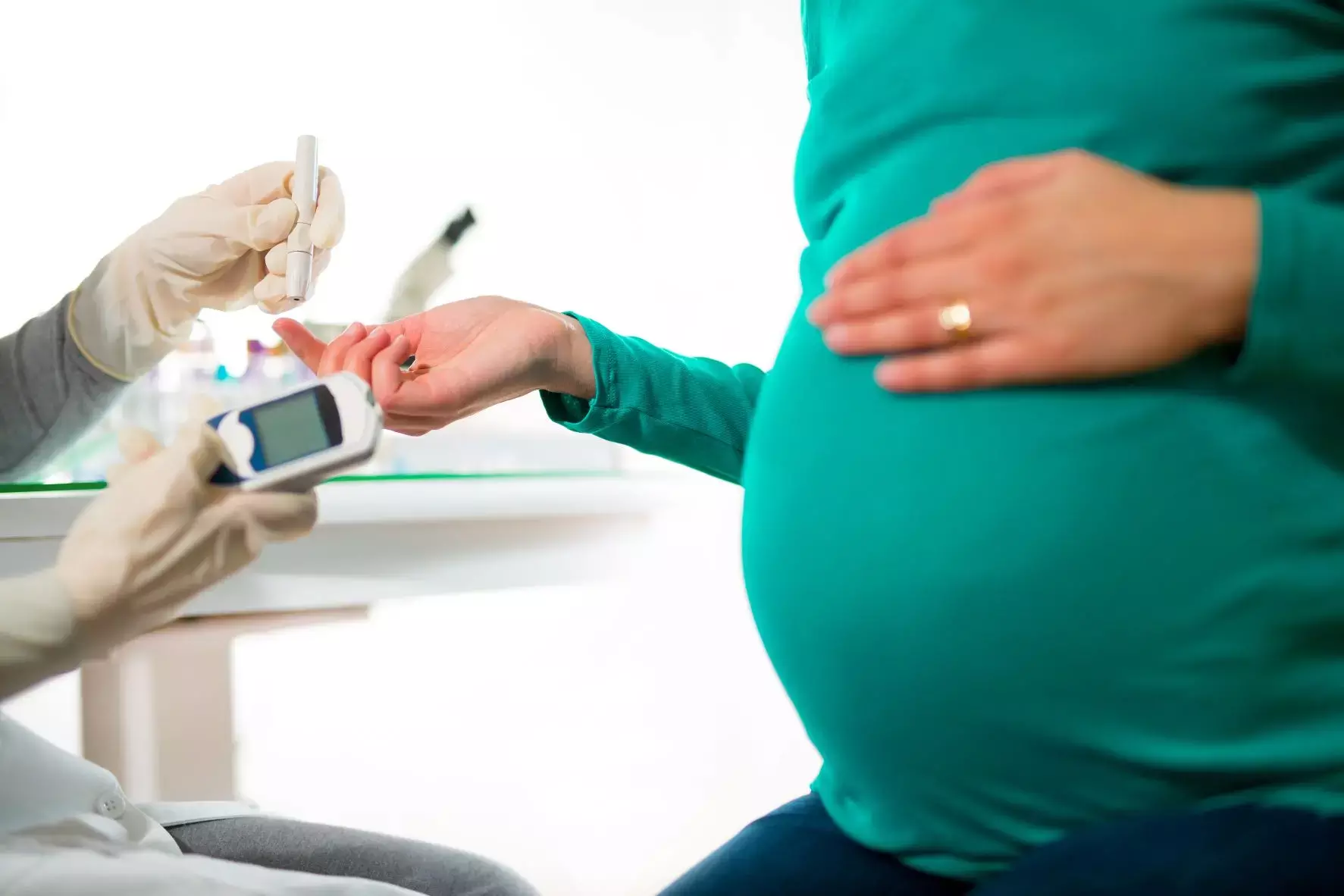- Home
- Medical news & Guidelines
- Anesthesiology
- Cardiology and CTVS
- Critical Care
- Dentistry
- Dermatology
- Diabetes and Endocrinology
- ENT
- Gastroenterology
- Medicine
- Nephrology
- Neurology
- Obstretics-Gynaecology
- Oncology
- Ophthalmology
- Orthopaedics
- Pediatrics-Neonatology
- Psychiatry
- Pulmonology
- Radiology
- Surgery
- Urology
- Laboratory Medicine
- Diet
- Nursing
- Paramedical
- Physiotherapy
- Health news
- Fact Check
- Bone Health Fact Check
- Brain Health Fact Check
- Cancer Related Fact Check
- Child Care Fact Check
- Dental and oral health fact check
- Diabetes and metabolic health fact check
- Diet and Nutrition Fact Check
- Eye and ENT Care Fact Check
- Fitness fact check
- Gut health fact check
- Heart health fact check
- Kidney health fact check
- Medical education fact check
- Men's health fact check
- Respiratory fact check
- Skin and hair care fact check
- Vaccine and Immunization fact check
- Women's health fact check
- AYUSH
- State News
- Andaman and Nicobar Islands
- Andhra Pradesh
- Arunachal Pradesh
- Assam
- Bihar
- Chandigarh
- Chattisgarh
- Dadra and Nagar Haveli
- Daman and Diu
- Delhi
- Goa
- Gujarat
- Haryana
- Himachal Pradesh
- Jammu & Kashmir
- Jharkhand
- Karnataka
- Kerala
- Ladakh
- Lakshadweep
- Madhya Pradesh
- Maharashtra
- Manipur
- Meghalaya
- Mizoram
- Nagaland
- Odisha
- Puducherry
- Punjab
- Rajasthan
- Sikkim
- Tamil Nadu
- Telangana
- Tripura
- Uttar Pradesh
- Uttrakhand
- West Bengal
- Medical Education
- Industry
Good control of maternal blood sugar in GDM can prevent fetal and neonatal cardiac abnormalities

Good control of maternal blood sugar in GDM can prevent fetal and neonatal cardiac abnormalities suggests a new study published in the Diabetes and Vascular Disease Research.
A study was done to compare fetal and neonatal cardiac morphology in fetuses of mothers with gestational diabetes mellitus (GDM) with the controls.
Pregnant women at average risk of GDM underwent 100-g, 3-h-OGTT at 24-28 weeks of gestation for diagnosis of GDM. Both GDM group and the control group underwent fetal echocardiography at 32-36 weeks to assess cardiac dimensions. The neonates underwent echocardiography within 48 h after birth to assess cardiac morphology.
RESULTS
A total of 154 pregnant women were recruited, including 60 in the GDM group and 94 in the control group. All of the study group were well controlled for GDM. Most baseline characteristics of both groups were comparable. All obstetric outcomes were not significantly different between the two groups. Morphological cardiac dimensions in the fetuses and newborns of both groups were also not significant different. Subgroup analysis in the study group showed no significantly different in cardiac morphology between the group with diet control and that of insulin control.
Fetal and neonatal cardiac morphologic changes among mothers with well-controlled GDM are not significantly different from those in the controls. It is possible that good control of maternal blood glucose can prevent fetal and neonatal cardiac abnormalities.
Reference:
Santanapipatkul, Phenphan, et al. "Comparison of Fetal and Neonatal Cardiac Morphology Between the Infants of Mothers With Well-controlled Gestational Diabetes Mellitus and Normal Controls." Diabetes & Vascular Disease Research, vol. 20, no. 4, 2023, p. 14791641231190531.
Keywords:
Santanapipatkul, Phenphan, Good control, maternal, blood sugar, GDM, prevent, fetal, neonatal, cardiac abnormalities, Diabetes and Vascular Disease Research
Dr. Shravani Dali has completed her BDS from Pravara institute of medical sciences, loni. Following which she extensively worked in the healthcare sector for 2+ years. She has been actively involved in writing blogs in field of health and wellness. Currently she is pursuing her Masters of public health-health administration from Tata institute of social sciences. She can be contacted at editorial@medicaldialogues.in.
Dr Kamal Kant Kohli-MBBS, DTCD- a chest specialist with more than 30 years of practice and a flair for writing clinical articles, Dr Kamal Kant Kohli joined Medical Dialogues as a Chief Editor of Medical News. Besides writing articles, as an editor, he proofreads and verifies all the medical content published on Medical Dialogues including those coming from journals, studies,medical conferences,guidelines etc. Email: drkohli@medicaldialogues.in. Contact no. 011-43720751


